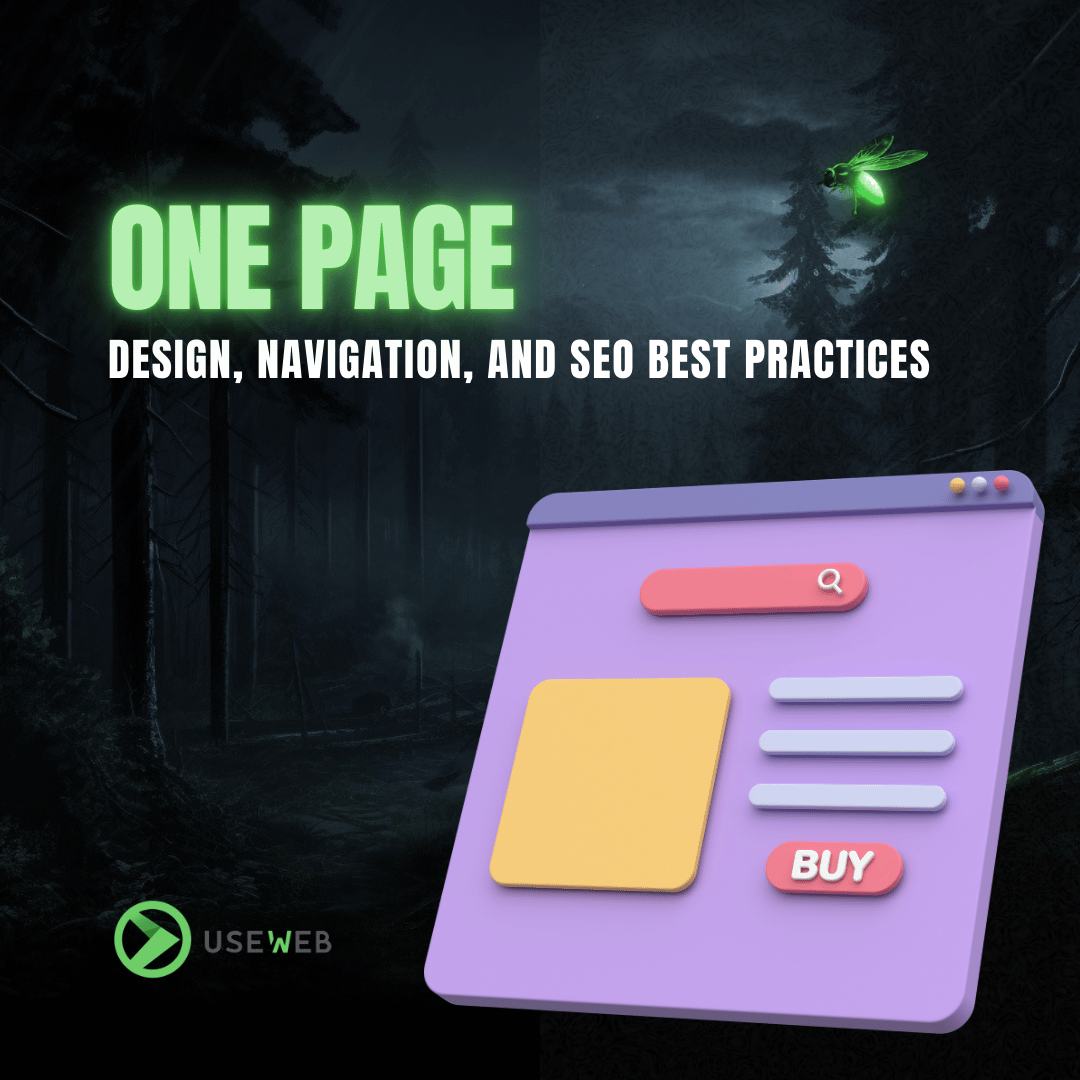Choosing the right content management system (CMS) is one of the most crucial decisions you’ll make when building your website. Whether you’re running a small blog, a corporate website, or an online store, the CMS you choose will determine how easy it is to manage your site and scale it as your business grows. In this article, we’ll take a closer look at what a CMS is, how to choose the best one for your needs, and why WordPress is often the go-to solution for most website owners. We’ll also explore alternatives like Joomla and discuss how to use tools like Elementor to create stunning pages without coding.
What is a CMS?
A Content Management System (CMS) is software that allows you to create, manage, and modify content on your website without needing specialized technical knowledge, like coding. A good CMS allows you to easily manage your website’s text, images, videos, and other content types from an intuitive interface. You don’t have to be a developer to run a successful website.
Key Features of a CMS:
- User-Friendly Interface: Most CMS platforms offer an easy-to-use interface where you can add content with minimal technical knowledge.
- Content Management: It allows you to organize and publish content, edit posts, and update pages with ease.
- Customization: Most CMS platforms come with themes and plugins to help you customize the design and functionality of your site.
- SEO Tools: Many CMS platforms come with built-in SEO features, or plugins, that help optimize your site for search engines.
By using a CMS, you gain more control over your website without needing to rely on a developer for every little change.
What are the Most Popular CMS Platforms?
When it comes to CMS, there are several options to choose from. The best choice will depend on your website’s needs, your technical skill level, and the kind of experience you want to provide your users.
WordPress
WordPress is by far the most popular CMS, powering over 40% of all websites on the internet. It’s widely regarded as a user-friendly platform, ideal for beginners and experienced webmasters alike.
Why WordPress is Popular:
- Ease of Use: WordPress is incredibly easy to use. Even if you’re not familiar with website development, you can create a professional-looking website in a short time.
- Plugins and Themes: WordPress has thousands of plugins and themes, allowing you to easily add functionality (like e-commerce or social media sharing) and customize the look of your site.
- SEO-Friendly: WordPress offers built-in SEO options and integrates with powerful SEO plugins like Yoast SEO, helping you improve your search engine rankings.
Real-life Example:
Let’s say you run a small online store selling handmade jewelry. With WordPress and the WooCommerce plugin, you can easily set up an online store with payment gateways, product pages, and an easy-to-manage inventory system.
Joomla
Joomla is another popular CMS, though it’s a bit more complex compared to WordPress. It’s suitable for websites that need more flexibility and scalability but may require more technical knowledge to get started.
Why Choose Joomla?
- Customization: Joomla allows for a higher level of customization and control over the layout and functionality of your website.
- User Access Control: Joomla allows you to create detailed user access levels, making it great for larger organizations that need different roles for different team members.
- Multilingual Sites: Joomla has built-in multilingual capabilities, making it easier to create websites in multiple languages without relying on additional plugins.
Real-life Example:
A local non-profit organization that needs to manage multiple volunteer groups might choose Joomla because it offers powerful user access controls. You can assign different permissions to volunteers and staff members while allowing each group to have access to only certain sections of the website.
Other CMS Platforms
There are many other CMS platforms such as Drupal, Wix, and Squarespace, but WordPress and Joomla are by far the most popular and widely used. Each has its pros and cons depending on the specific needs of your website.
Why Should You Use a CMS for Your Website?
There are several advantages to using a CMS instead of building a site from scratch or using static HTML. Whether you’re running a small blog or a business website, a CMS can simplify the process of managing content and streamline your workflow.
Ease of Content Management
With a CMS, you don’t need to worry about manually coding each page update. Instead, you can add or edit content through a simple visual editor.
Cost-Effective
Many CMS platforms, including WordPress, are free to use. While you’ll need to pay for hosting and premium themes or plugins, the overall cost is still much lower than hiring a developer to create a custom-built site.
SEO Capabilities
Most CMS platforms, especially WordPress, come with built-in SEO tools or easy-to-install plugins. This helps optimize your website for search engines, making it easier for potential customers or readers to find your site.
Flexibility and Scalability
CMS platforms give you the flexibility to add new pages, blog posts, or media anytime you want. This makes it easy to scale your website as your business or blog grows.
Real-life Example:
A freelance photographer used WordPress to create a portfolio site. Over time, they added new galleries, blog posts, and even an online store to sell their photos, all without needing to code or hire a developer.
What is Elementor and Its Benefits?
Elementor is a popular page builder plugin for WordPress that allows you to design custom pages using a drag-and-drop interface. With Elementor, you can create stunning websites without writing a single line of code.
Why Use Elementor?
- Ease of Use: Elementor makes it easy to design a website with its intuitive drag-and-drop editor.
- Pre-Designed Templates: Elementor comes with a library of pre-designed templates, which makes it easy to create professional-looking pages quickly.
- Customization: You have full control over the design, colors, typography, and layout of your pages.
- Responsive Design: Elementor ensures your website is mobile-friendly, making it responsive on all devices.
Real-life Example:
A small business owner who doesn’t have web design experience wanted to create a professional website for their bakery. They used Elementor to create an elegant, responsive site with a custom menu, contact form, and photo gallery. No coding skills were needed!
Conclusion
Choosing the best CMS for your website depends on your goals, technical skills, and the features you need. If you’re looking for a simple, easy-to-use platform with plenty of customization options, WordPress is the clear winner. If you need more control over your site’s functionality and user permissions, Joomla might be the better choice. Tools like Elementor can help enhance your WordPress website by allowing you to design beautiful pages without any coding experience.






